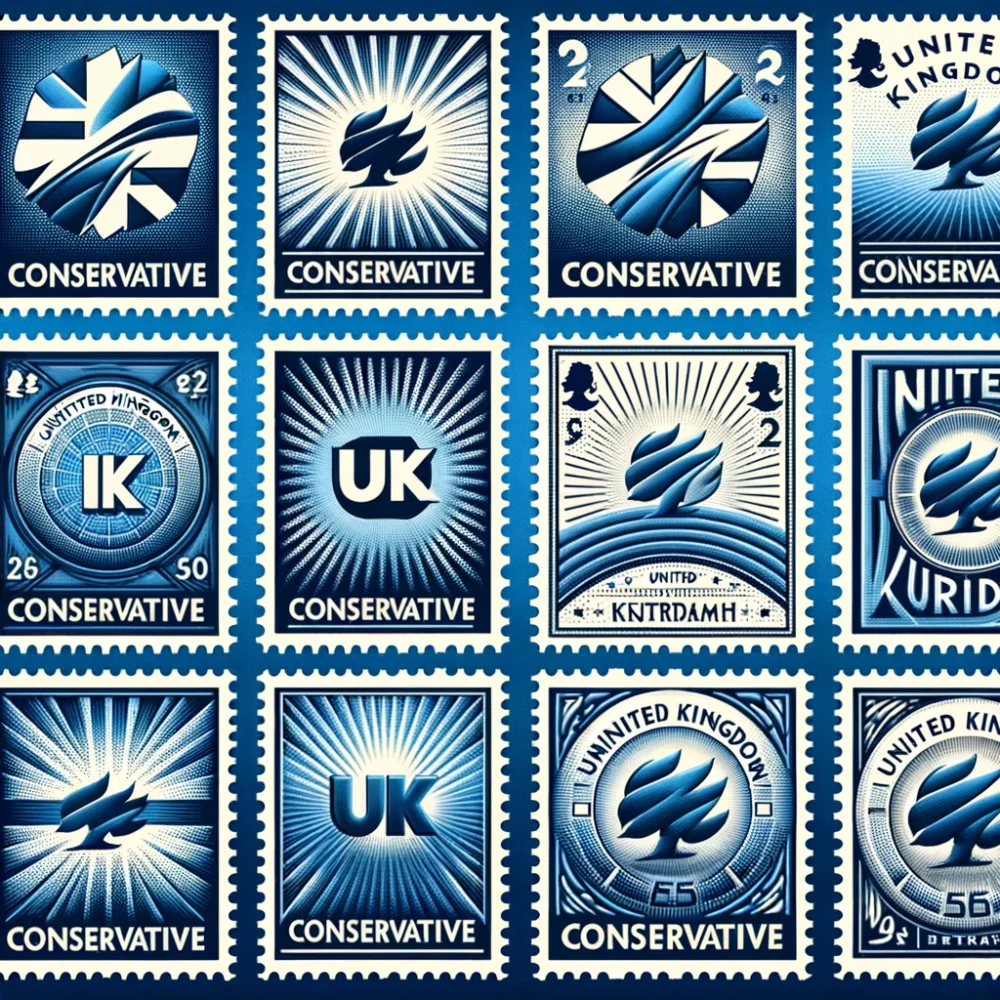Maybe we’ll turn back the hands of time
In 1987, Margaret Thatcher’s Conservative Government set up the Teesside Development Corporation. It aimed to regenerate Teesside by using public funds to attract private investment, creating jobs and renewed prosperity in an area which had been somewhat left behind in modern Britain.
The Corporation was granted significant powers to make decisions about land use, development and infrastructure so that it could cut through the bureaucratic ‘red tape’ which so often prevented regeneration schemes from delivering timely tangible results. By sticking to a clear long-term strategic vision, the intention was that economic regeneration would surely follow.
It made some notable progress despite local protests about harming local heritage: Teesside Park and the Tees Barrage are both products of the Corporation.
Unfortunately, as is so often the case with schemes that aim to cut bureaucracy and ‘red tape’, the governance perhaps wasn’t quite as tight as it ought to have been, and the Corporation fell into financial controversy following accusations that public money had not been used appropriately.
The Corporation was dissolved not long after Tony Blair’s Labour government came to power, but can’t be forgotten since these ugly and sometimes off-kilter right-skewed statues continue to litter the local landscape:

In 2015, David Cameron’s Conservative Government set up the South Tees Development Corporation. It aimed to regenerate Teesside by using public funds to attract private investment, creating jobs and renewed prosperity in an area which had been somewhat left behind in modern Britain.
The Corporation was granted significant powers to make decisions about land use, development and infrastructure so that it could cut through the bureaucratic ‘red tape’ which so often prevented regeneration schemes from delivering timely tangible results. By sticking to a clear long-term strategic vision, the intention was that economic regeneration would surely follow.
It made some notable progress despite local protests about harming local heritage: the demolition and clean-up of the Redcar Steelworks site and the expanding local ‘freeport’ are both products of the Corporation.
Unfortunately, as is so often the case with schemes that aim to cut bureaucracy and ‘red tape’, the governance perhaps wasn’t quite as tight as it ought to have been, and the Corporation fell into financial controversy following accusations that public money had not been used appropriately.
Yet, despite losing almost a third of his vote, the Tees Valley Mayor who leads the Corporation kept his position in the 2024 election. Will that change how this story ends?
This post was filed under: Politics, Ben Houchen, David Cameron, Margaret Thatcher, Teesside Retail Park.

